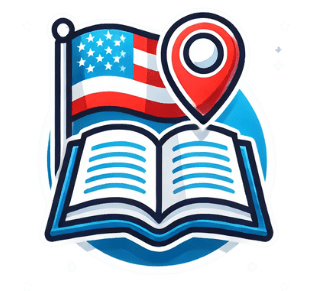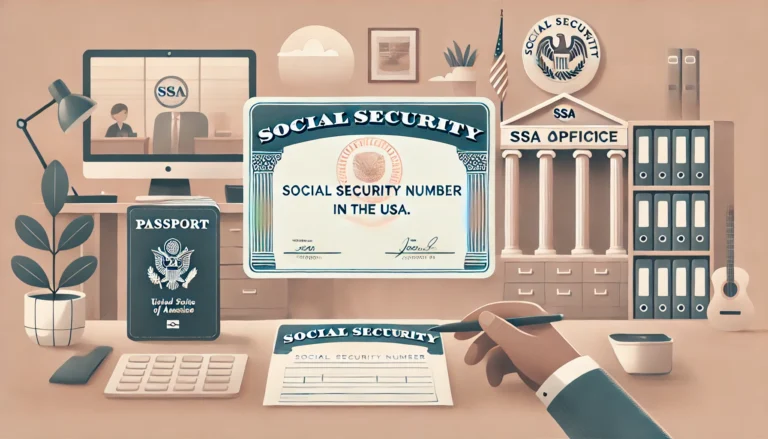Emergency Numbers and Services You Need to Know in the USA
Introduction
When traveling in the United States, being aware of emergency numbers and services can ensure your safety and well-being. This guide provides essential information about emergency contacts, services, and what to do in case of an emergency.
Emergency Numbers and Services You Need to Know in the USA
1. Essential Emergency Numbers
General Emergency Number
- 911: This is the universal emergency number for police, fire, and medical emergencies across the United States. Dialing 911 connects you to local emergency services.
Non-Emergency Numbers
- Non-Emergency Police Line: For non-urgent police matters, you can call your local police department’s non-emergency number. This varies by location, so it’s best to check the local police website.
- Fire Department: In non-emergency situations, such as reporting a fire hazard, contact your local fire department directly.
Poison Control
- Poison Control Center: If you suspect poisoning or exposure to toxic substances, call the National Poison Control Center at 1-800-222-1222 for immediate assistance.
2. Healthcare Services
Medical Emergencies
- 911: In a medical emergency, call 911 for immediate assistance. Paramedics will respond to your location.
- Urgent Care Centers: For non-life-threatening medical issues, consider visiting an urgent care clinic, which often has extended hours and can treat minor injuries and illnesses.
- Hospitals: If you require hospitalization, your 911 dispatcher can take you to the nearest hospital or a facility that specializes in your condition.
Health Insurance
- Always have your health insurance information handy, as it may be required for treatment or to identify which medical facilities are in-network.
3. Roadside Assistance
Vehicle Emergencies
- Roadside Assistance Programs: Many insurance providers offer roadside assistance. Check if your policy includes this service or consider enrolling in a program like AAA (American Automobile Association).
- Highway Patrol: If you need help on a highway, you can call the state highway patrol. The number varies by state but is often displayed on highway signs.
4. Natural Disasters
Severe Weather
- National Weather Service: Stay informed about severe weather alerts by monitoring the National Weather Service (NWS) through local news channels or the NWS website.
Emergency Preparedness
- Familiarize yourself with local emergency management offices, especially if you are visiting areas prone to natural disasters (hurricanes, earthquakes, tornadoes, etc.).
5. Mental Health Services
Crisis Hotlines
- National Suicide Prevention Lifeline: Call 1-800-273-TALK (1-800-273-8255) for confidential support and crisis intervention 24/7.
- Crisis Text Line: Text “HELLO” to 741741 to connect with a trained crisis counselor via text.
6. Local Contacts
Local Emergency Contacts
- Keep a list of important local contacts, including:
- Your hotel or accommodation
- Local embassy or consulate (for international travelers)
- Family or friends back home who can assist if needed
Tourist Information Centers
- Visit local tourist information centers for brochures and advice on emergency contacts specific to the area.
7. What to Do in an Emergency
Steps to Take
- Assess the Situation: Determine the nature of the emergency and whether it is life-threatening.
- Call for Help: Dial 911 for emergencies. Be prepared to provide your location, a description of the emergency, and any relevant information.
- Follow Instructions: Listen carefully to the operator’s instructions and follow them.
- Stay Calm: Keep calm to help yourself and others around you.
Conclusion
Knowing the essential emergency numbers and services in the USA is crucial for ensuring your safety while traveling. Familiarize yourself with these contacts and procedures, and be prepared to act quickly in any emergency. By staying informed, you can navigate unexpected situations with confidence and peace of mind.





